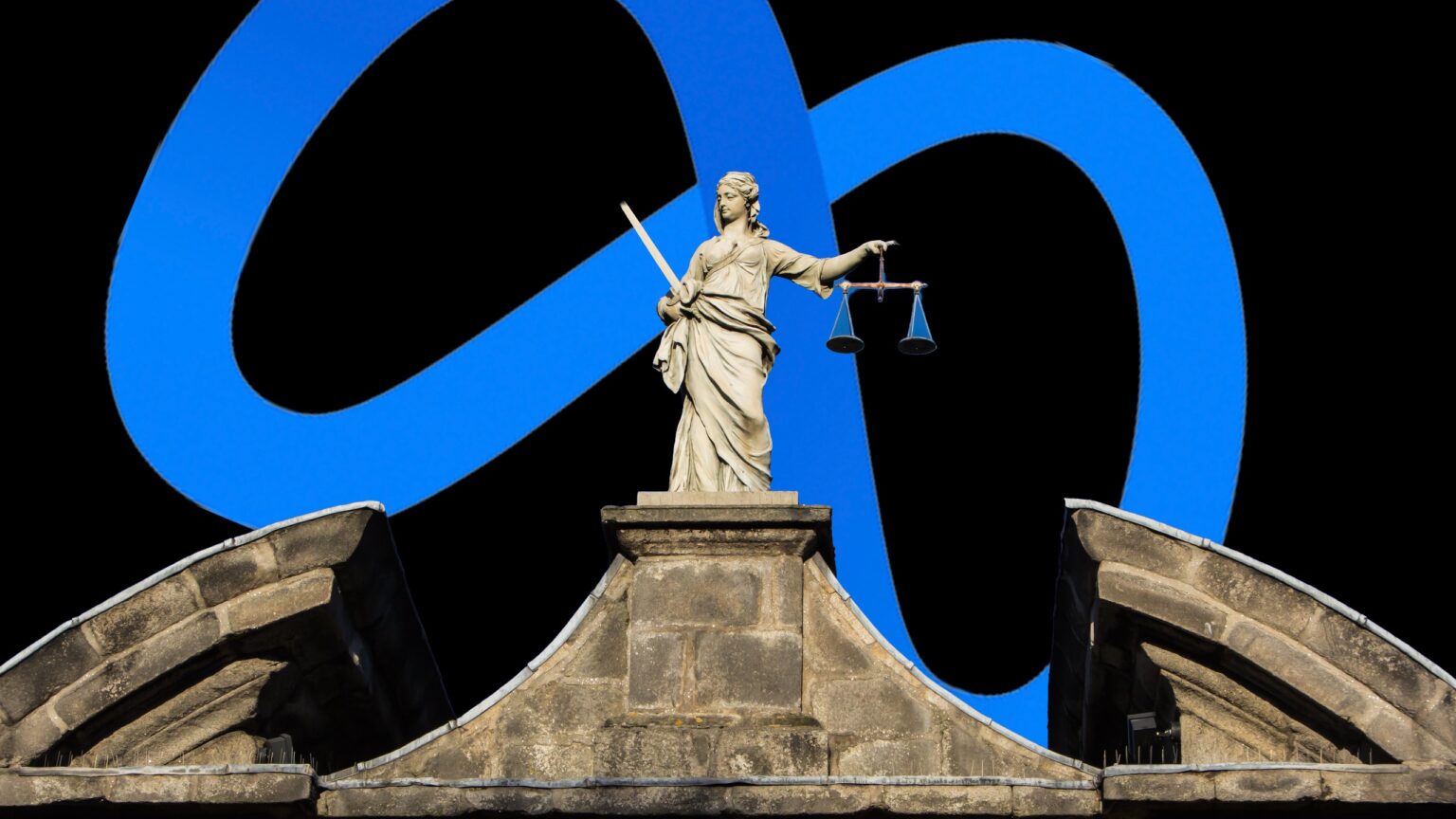Irish data protection watchdog – Data Protection Commission (DPC) has fined Meta €390M ($413M) over use of data targeted for advertisements in latest crackdown on privacy.
Also read: GPTZero Claims to Detect Chatbot Content
This follows conclusion of two enquiries into data processing operations of Meta Platforms’ Facebook and Instagram, fining the tech giant over basis for personalized ads.
According to DPC, the fine is split into two – €210 million for breaches of the General Data Protection Regulation (GDPR) relating to its Facebook service, and €180 million for breaches in relation to its Instagram service.
The watchdog says the way Meta asks permission to use people’s data for ads on both Facebook and Instagram was unlawful.
They added that Meta cannot “force consent” by telling users they have to accept how their data is used or leave the platforms.
Meta may re-think its ads based business
The latest ruling may undercut Facebook and Instagram’s advertising business after the EU watchdogs concluded the tech giant illegally forced users to effectively accept personalized ads.
Meta may be forced to change its advertising based business in the EU, which is one of its biggest markets.
It has 3 months to change how it obtains and uses data, according to the watchdog, which may change the way a key part of its business works.
“Meta Ireland has also been directed to bring its data processing operations into compliance within a period of 3 months,” said DPC in a statement.
Meta’s European headquarters are domiciled in Ireland and DPC takes the lead in ensuring they comply with EU data laws.
DPC said authorities had determined placing the legal consent within the terms of services essentially forced users to accept personalized ads therefore contravening the GDPR.
Victory for users
Campaigners for privacy and data protection are of the view the latest ruling was a significant victory for users. This means both Facebook and Instagram should give users a “yes” or “no” option and allow them to “change their mind anytime.”
In response to the decision, NOYB European Centre for Digital Rights founder Max Schrems described the decision as a huge blow to “Meta’s profits in the EU,” but created a level playing field.
“The decision also ensures a level playing field with other advertisers that also need to get opt-in consent,” said Schrems.
Meta won’t take it
But Meta wants to appeal the decision saying the company was not giving users an ultimatum. As such, the company would appeal the ruling and the fines.
In a tweet, Meta spokesperson Andy Stone said the company gives consumers a number of tools to control how their data is used.
“A few things we want to be really clear about: We’re appealing both the substance of the rulings and the fines (and) nothing about these decisions prevent personalized advertising on our platform,” said Stone.
Gabriela Zanfir-Fortuna this was landmark ruling since the regulation came into being in 2018.
“Almost 5 years after the GDPR came into force, this is probably the most significant enforcement decision to date – following complaints made on May 25, 2018,” he said in a tweet.
What sparked the inquiry?
The DPC investigation started following complaints made in 2018 by Schrems on behalf of users in Austria and Belgium, just as the GDPR became operational.
To comply with the GDPR law, Meta’s platforms asked users to click “I accept” in agreement to updated terms of service setting out how their data would be used for ads.
Declining this meant users were unable to use Facebook or Instagram which complainants said was tantamount to being “forced” to consent their data being used in targeted ads.
This is not the first time Meta is found on the wrong side of the EU regulations.
Meta was last year fined $276 million over Facebook data leak that involved more than 533 million users.
The leak exposed personal information of users such as phone numbers, locations and birthdates on the platform from 2018 to 2019.
The Irish Times reported that Meta has set aside €2 billion to discharge expected European fines this year.









 and then
and then